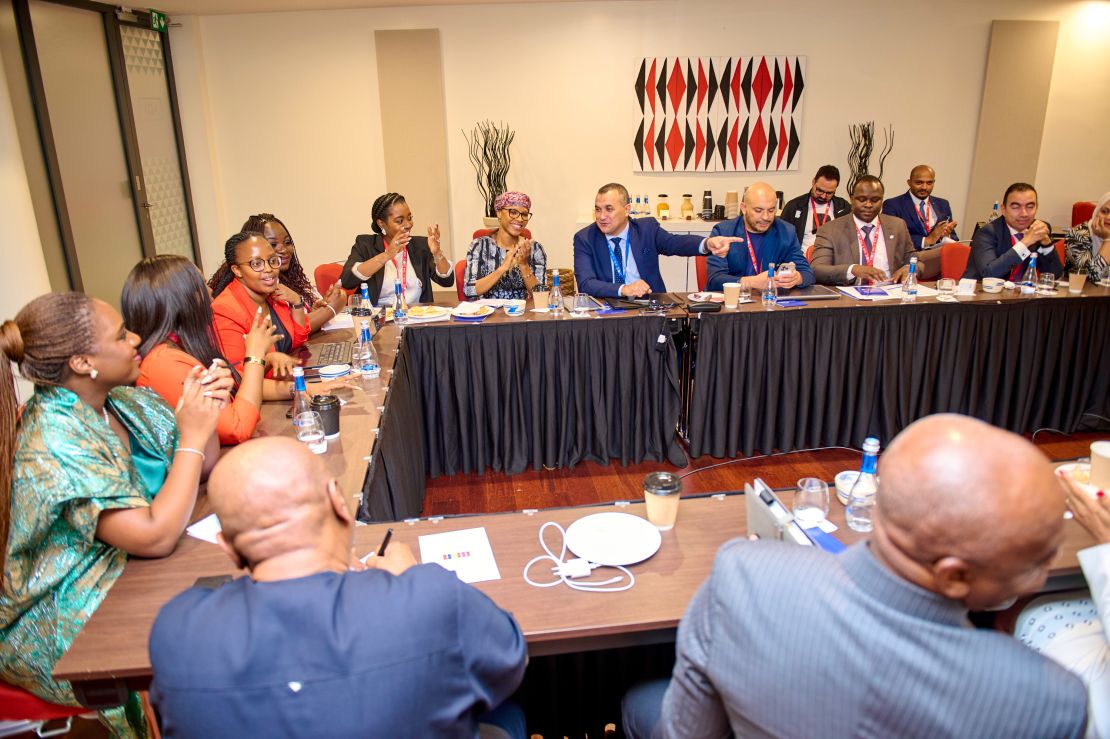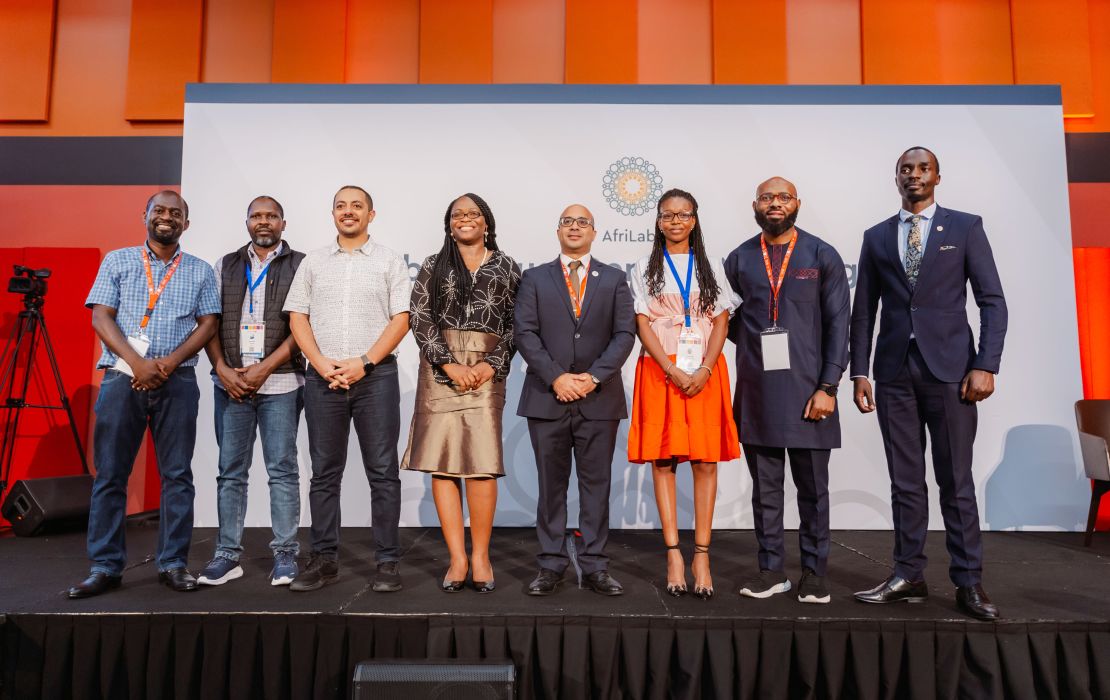

For over a decade, AfriLabs has been at the forefront of cultivating a vibrant tech ecosystem across the African continent.
Through the strength of community networks, this organization has become a driving force for change, catalyzing innovation and technology advancements in Africa.
The annual AfriLabs Gathering, held in Kigali, Rwanda, is a testament to its commitment to uniting the African tech community. With more than 400 innovation hubs convening, the event becomes a melting pot for young innovators, entrepreneurs, and startups across various sectors.
This year’s gathering in October aimed to strengthen the tech ecosystem, leveraging innovation and digital technologies to create sustainable businesses, generate jobs, and foster economic development, according to executive director Anna Ekeledo.
Consultancy firm McKinsey and Company predicts Africa’s Digital Economy will reach a staggering $712 billion by 2050, positioning it as a global powerhouse.
As Ekeledo puts it, “Our youthful and dynamic population is eager to seize the power of technology and innovation to overcome challenges and create opportunities in Africa.


The event also marked the signing of significant partnerships, including one with Algeria Venture, focusing on exploring cooperation opportunities and supporting the management, funding, and promotion of startups across Africa.
Ekeledo highlighted the opportunity for Algerian startups to connect with the wider African innovation ecosystem and for Afrilabs to expand its reach in North Africa.
The organization also partnered with Builder.ai, unveiling a collaboration to provide technical support for African entrepreneurs and innovators. This partnership aims to bridge the gap for those with innovative solutions but lacking resources and technical know-how to develop essential apps and software.
From inception to impact
AfriLabs’ journey began in 2011 with just five members across four African countries. Today, it boasts 435 members across all 54 African nations.
The organization’s multifaceted approach includes capacity building, policy advocacy, networking, innovative financing models, and a strong emphasis on gender inclusion.
With a trailblazing woman at its helm, Afrilabs addresses the gender gap in the tech industry, recognizing that the African tech landscape remains predominantly male-dominated.
AfriLabs has ambitious plans, focusing on scaling recently launched initiatives like AfriLabs Connect and RevUp Women, in a partnership with the Visa Foundation. The organization also aims to empower 50,000 women-led enterprises throughout Africa by providing training, mentoring, and capacity-building sessions.
The project, currently in its pilot phase, is taking place across 10 Innovation Hubs in 10 cities, spanning five countries and benefiting 500 women entrepreneurs.


“We plan to inject $10,000 into 10 women-owned businesses through the Catalytic Africa initiative and establish five mentoring networks that stretch across the continent,” said Ekeledo.
“We’ve crafted a comprehensive approach, leveraging strategies such as peer-to-peer learning and mentorship by female coaches. These tactics align seamlessly with AfriLabs’ broader inclusion strategy, ensuring that women entrepreneurs have a support system tailored to their specific needs,” she added.
An innovative funding model
The Catalytic Africa Programme, an innovative financing model devised by Afrilabs in partnership with the African Business Angel Network was launched three years ago, says Ekeledo.
The program secures funds from diverse partners and contributes to a central pool, serving as a matching or co-investment fund, incentivizing investment in viable AfriLabs-affiliated startups.
“Within this model, we connect innovators, the intrapreneurs within our network to the investors within a bank, and then we match the fund when an investment is made, and then provide follow on support … We’re building a holistic ecosystem that will create prosperity and wealth for all involved for the innovators and for the partners,” Ekeledo said.
Afrilabs’ impact extends beyond networking; it has played a pivotal role in influencing policy changes and creating a supportive environment for startups.
“We have had a multiplier effect and that is evident in success stories emerging from the hubs. Startups supported by AfriLabs have not only received funding but have also created hundreds of jobs, contributing to Africa’s economic growth,” Ekeledo told CNN during the Rwanda gathering.
Innovation hubs, crucial to the development of the continent’s entrepreneurship ecosystem, receive support from Afrilabs, these hubs, in turn, offer a platform to entrepreneurs
Oswald Osaretin Guobadia, who describes himself as a digital evangelist and is a managing partner at DigitA, attests to the profound impact that Afrilabs has had.
He told CNN, “It was only when I attended their 2021 annual gathering in Abuja that I understood the vast impact of Afrilabs on innovation hubs across the African continent.
“This is exactly what’s amazing about Afrilabs – they support the supporters. They provide an essential backbone to the hubs that provide a platform to the entrepreneurs,” he added.
Afrilabs has also played a role in influencing policy changes and has been instrumental in the emergence of “startup acts” that shape regulatory environments favorable to innovation.
Its participation in the Nigeria Startup Act and the ongoing Nigeria Startup Act State Adoption program showcases commitment to driving conversations and effecting change, says Guobadia.
“The Nigeria StartUp Act (NSA) … identified Afrilabs as a key innovation hub community builder. Their involvement in the Act development was invaluable.
“They will also play a crucial role in the Nigeria Startup Act State Adoption program using their vast Nigerian members hub network to drive the conversation across states,” he added.

